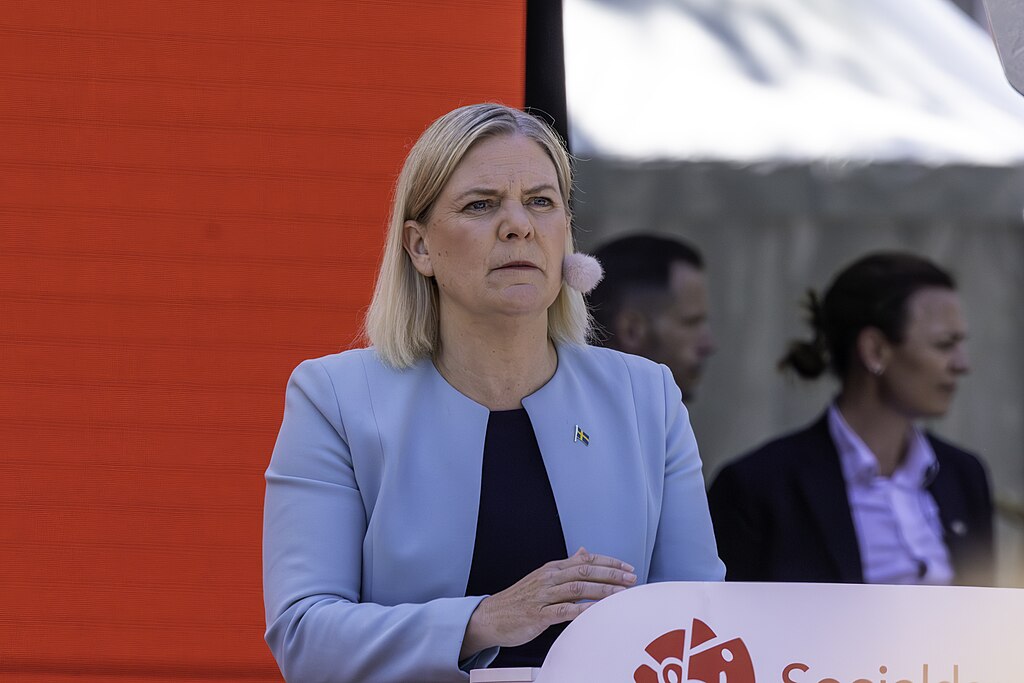
Swedish Social Democratic Leaders at Odds Over Migration
Former PM Magdalena Andersson says her party is now “much stricter on migration and crime” a year before heading into elections.

Former PM Magdalena Andersson says her party is now “much stricter on migration and crime” a year before heading into elections.
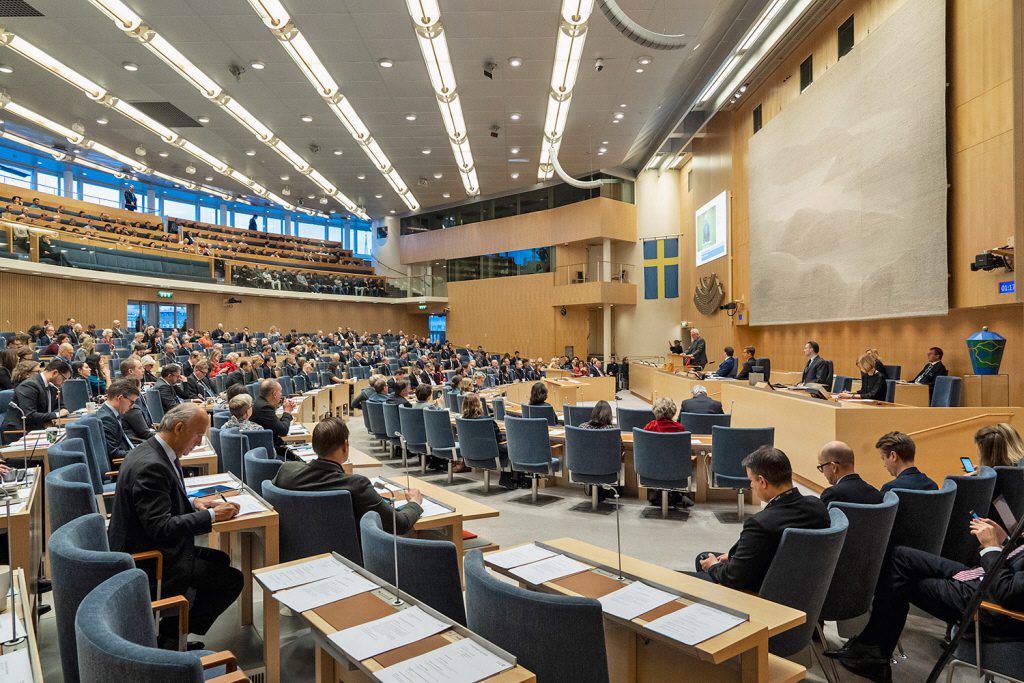
For the first time in four decades, the moderates are not the largest non-socialist party in the Riksdag.

The parliament was called in for an extraordinary session because the prime minister’s measure would make the government a co-signer for new lines of credit from private financial institutions for energy companies.
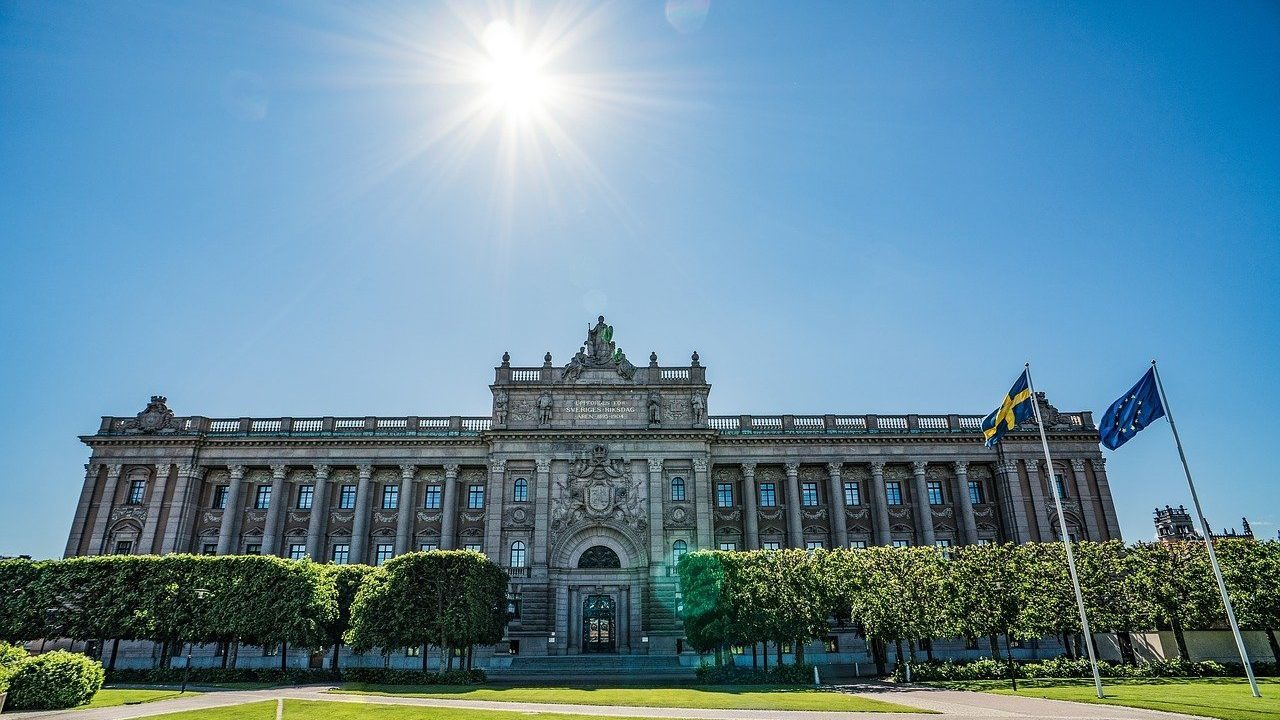
Since the last election, which was held in September 2018, Sweden has been through three episodes of open political instability.

News outlets downplayed the prime minister’s proposal to give police “expanded jurisdiction” to seize illegal weapons from members of criminal gangs.
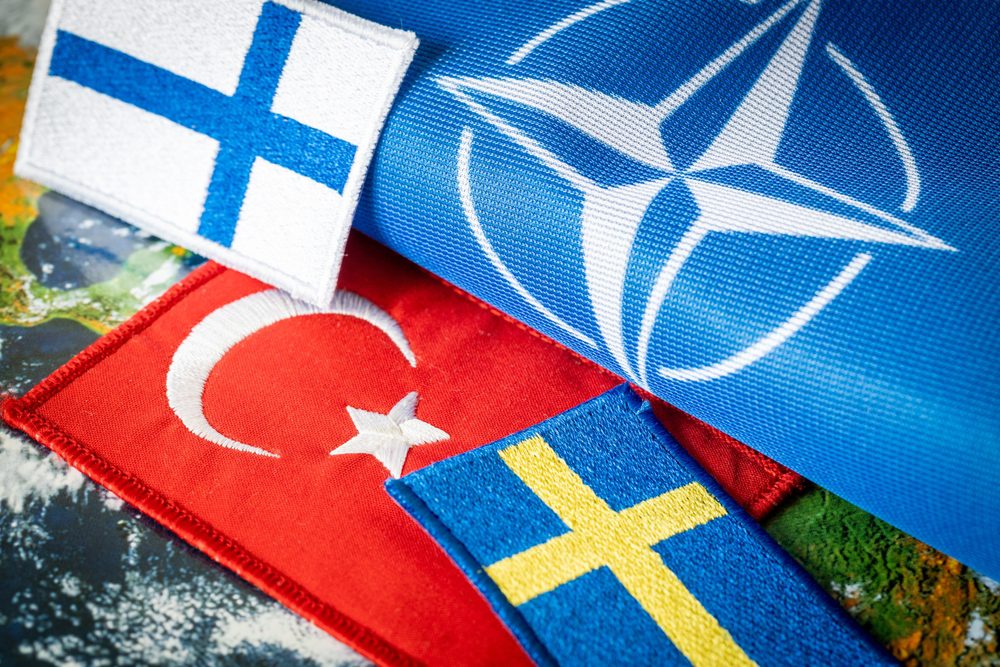
The demand from Ankara for Hultqvist’s resignation comes at the same time as the center-right opposition in the Riksdag, the Swedish Parliament, has demanded a vote of no confidence for Minister of Justice Morgan Johansson.

Finland and Sweden should consider what it means for the reputability of NATO itself, when two supposedly sound democracies must abandon all democratic procedure in order to apply for membership.
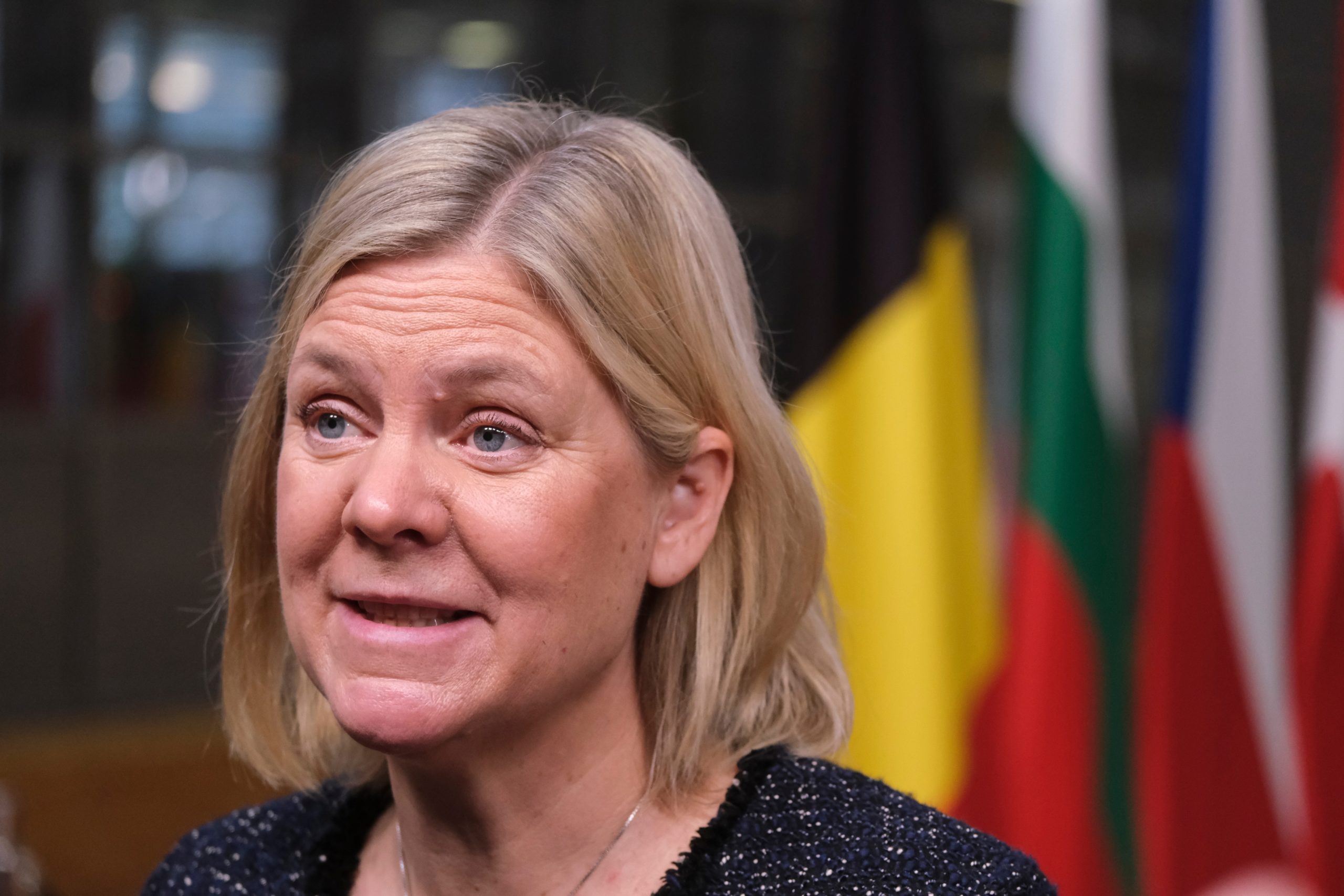
The prime minister’s long-overdue admission came on Thursday when she conceded that the unprecedented migration over the past two decades—paired with the state’s inability to integrate newcomers—had resulted in dangerous parallel societies and rising gang violence.
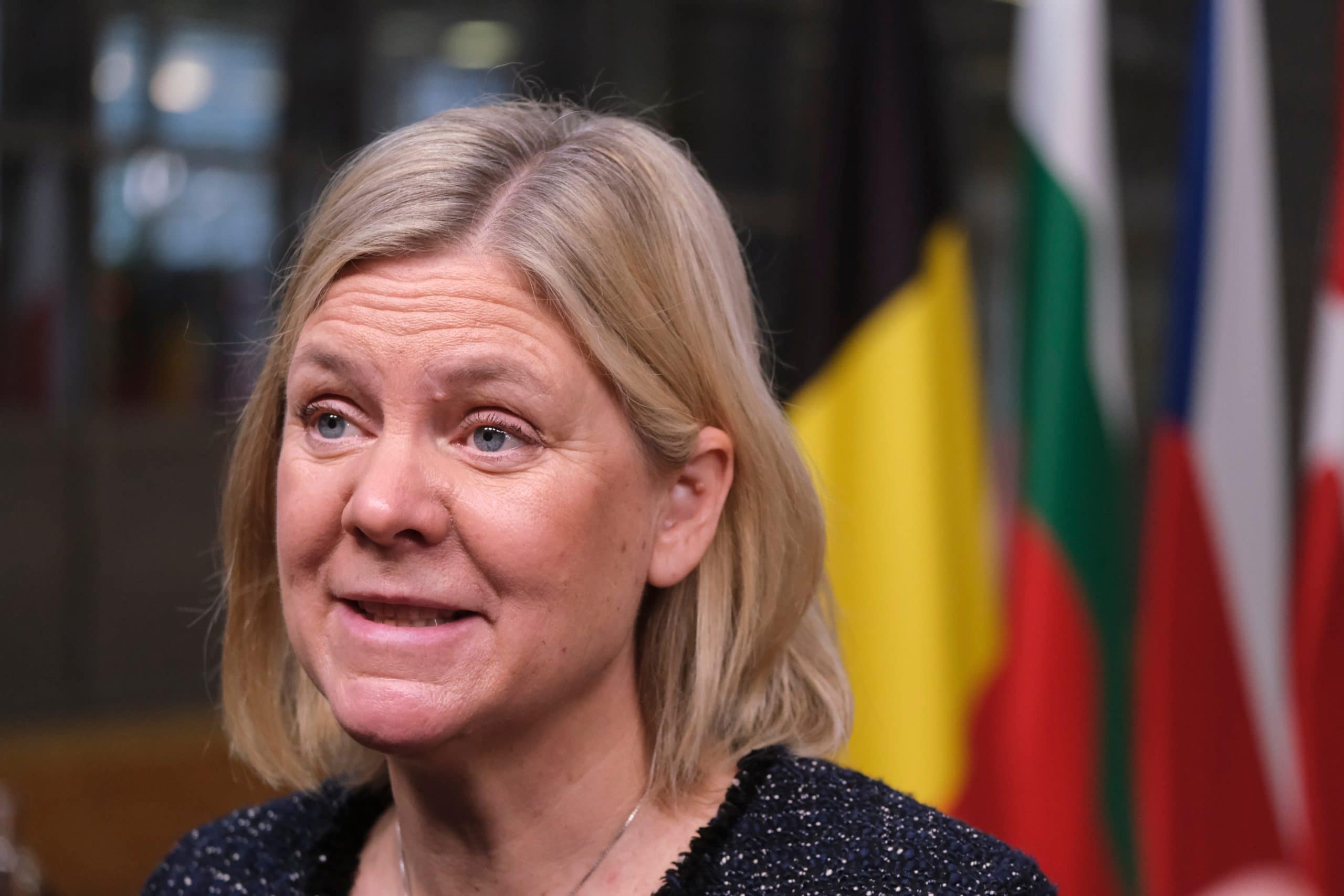
On Friday February 18th, Swedish Prime Minister Magdalena Andersson explained that in the event of a Russian invasion of Ukraine, Sweden will “not be a major recipient” of Ukrainian refugees. Her statement came on the heels of reports that, according to the Christian Science Monitor, Countries in Eastern Europe are making preparations for potentially hundreds […]

“It’s starting to be time to open up Sweden again. The pandemic is not over but on its way into a whole new phase,” the prime minister said, noting that the decision to ditch restrictions was prompted by an improved understanding of the Omicron variant of COVID-19.